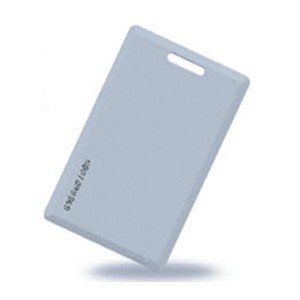Smart IDS by september 2012

Speaking to The Independent, the minister of Information and Communication Technology, Tassarajen Pillay Chedumbrum said that government is willing to go ahead with the project although it requires heavy investment.
“When a matter has been waiting for a long time, it becomes urgent.”
The minister said: “Since 1995, introducing a new national ID card has been the concern of all the governments which had been in power. The current ID card has become outdated and it is high time we kept pace with new development.”
The project, comprising several phases, is still under feasibility study. The report of the study will be finalised at the next inter-ministerial committee meeting, the ICT minister informed.
At this stage, decisions on the concept, design, applications and technology to be adopted are being discussed.
“The new ID card will in fact be a smart card and it will be foolproof,” pointed out Chedumbrum.
“The same technology is being used in India which has a population of over 1.1 billion and no problem has emerged yet.”
This project is also in line with the vision of the government to make Mauritius an intelligent island.
The card could be used for multiple applications such as access to secured areas, payment of pensions and social security benefits, electronic purse, driving license, health and transport card.
Besides being a secure identity document, the new smart card will also open up opportunities for citizens to an array of online services accessible anywhere and anytime.
It will also offer businesses an opportunity to provide applications built around the card.
“The smart card will have various uses. People can use it for cash withdrawals, travelling and even for voting,” stated the ICT minister.
The new ID card is proposed to be equipped with security features like biometric data to render it almost impossible to be counterfeited, tampered with or duplicated.
A Singaporean expert attached to the National Identity Card Unit of Singapore was recently in Mauritius to closely monitor the procedures for granting an identity card to an applicant.
While there is no doubt that the smart card will make life easier for many, it will also make the bureaucracy more efficient.
Nouvelles connexes


